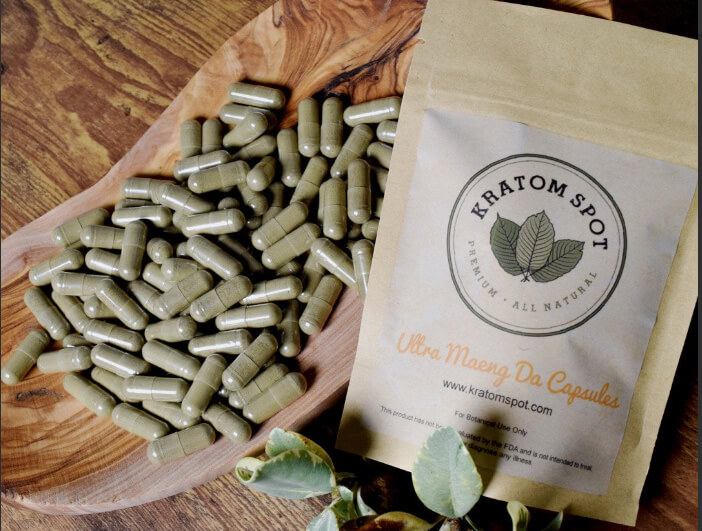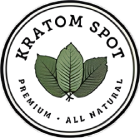
Without those willing to advocate for Kratom, it likely would already be listed as a Schedule 1 controlled substance and almost impossible for law abiding citizens to obtain. Just because it has avoided a ban so far, assuming that it was safe from misinformation, slander, and prohibition would be a mistake. The truth is, the voices of responsible Kratom proponents are needed as much now as ever–possibly more so.
Kratom’s Under-Siege Legality
For the past several decades, Kratom has had to walk a narrow line as reputable manufacturers struggled against disreputable importers, the pressure exerted by pharmaceutical giants on legislators and regulators to limit natural competition, and a wave of misinformation labeling Kratom as everything from a dangerous party drug to impotent snake oil. The result is a current environment where dealers, manufacturers, and experts’ hands are tied when it comes to the information they can give the public, making the role of Kratom advocate vital to its survival.
Under the leadership of outgoing commissioner, Scott Gottlieb, the FDA has taken an increasingly adversarial stance toward Kratom. Based on scare tactics and little real science, The FDA has used computer simulations to position Kratom as a potential public health threat, going so far as to suggest scheduling it as a controlled substance alongside powerful drugs like methamphetamines and cocaine. Dealers have been forbidden from discussing the potential benefits of Kratom with their customers, a move made suspect by Commissioner Gottlieb’s heavy investments in and consultancy for large pharmaceutical manufacturers.
While Gottlieb may be leaving his post, the damage he leaves behind will require hard work from Kratom advocate organizations to set right. Acting Commissioner Norman Sharpless comes from a background that is generally friendlier to alternative treatment options, but until a permanent replacement is confirmed, there will be little change in the FDA’s course where Kratom is concerned. Worse, legislators from some states have begun considering bills such as the SITSA Act, which are overly broad, highly reactionary, and based on fear of the growing opioid epidemic rather than offering a reasoned response.
Kratom’s Uphill Battle
As a Kratom advocate, you will be working against several distinct threats:
- Little Known Outside The Kratom Community – Kratom doesn’t have as large of a following as some other natural substances that face similar threats. As a tropical evergreen tree from southeast Asia, few people are familiar with the plant, and it has generally flown under the radar, staying largely absent from the daytime “doctor” shows that turn natural products into trendy health fads.
- Misinformation – Those who have heard of it have most likely heard incorrectly. These incorrect ideas of what Kratom is, are one of the most common talking points a Kratom advocate will be called to oppose. There are misinformed people who believe its only use is for partying, that it is ineffective or has no legitimate use, or even that it is just another opioid. All myths perpetuated by those who are more worried about profit than the freedom of responsible Americans to choose the wellness path that’s right for them.
- Legal Smear Campaigns – Closely related to the misinformation you’ll find in the public, fallacies from and within the halls of government are particularly challenging because they are backed by authority. The most dangerous aspect when dealing with government threats is that, should Kratom become illegal, the fact that it is listed as illegal will be enough to get far too many members of the public to stop questioning whether or not it should be. It is a pattern that cannabis, including non-psychoactive industrial hemp, has had to fight for half a century.
- Irresponsible Dealers And Manufacturers – As if external threats weren’t enough, Kratom’s legality is threatened from within by those who are concerned more with quick profit than creating a sustainable, safe, health and wellness aid for those in need. Lack of care has led to ineffective products at best and dangerous, contaminated products at worst. A Kratom advocate can not only help spot these predators but spread the word in a responsible manner, limiting the damage they can do to Kratom’s reputation.
How To Be A Voice For Change
Luckily, Kratom enthusiasts can take an active role in protecting access to Kratom. All it takes is a willingness to stand up and be heard. Even if you don’t feel like you can make a difference in others, by focusing on yourself, you can help fight to keep Kratom legal in the United States.
- Be Responsible About Your Kratom – Make sure you’re always safe and that your Kratom is secured when you aren’t around. Minors should never have access to Kratom. Take the time to educate yourself with facts about the latest Kratom research, studies, trials, and regulatory issues. A better-informed Kratom advocate makes a better-informed Kratom consumer.
- Support Quality Manufacturers And Dealers – When choosing your Kratom products, opt to spend your hard-earned money with dealers who can provide high-quality Kratom that has been lab-verified. It not only protects you, but it also supports the commercial enterprises that make Kratom better.
- Support Kratom Advocate Organizations – Groups like the American Kratom Association have been in the trenches, fighting to keep your Kratom safe and accessible for years. They’re a great resource for current events, actionable initiatives, and ways you can join like-minded people to make a difference in your community, state, and country.
- Contact Your Government Representatives – Make sure you know who they are and how to contact them at the federal, state, and local levels. Tell them you support access to Kratom by responsible adults. Encourage your state legislators to introduce or support the Kratom Consumer Protection Act. Take a stand and hold them accountable.
Protect Your Rights
You have the tools you need to be a Kratom advocate. With your help, access to safe, effective Kratom will be available for years to come. Make sure you keep up on all the Kratom news by visiting Kratom Spot regularly.


